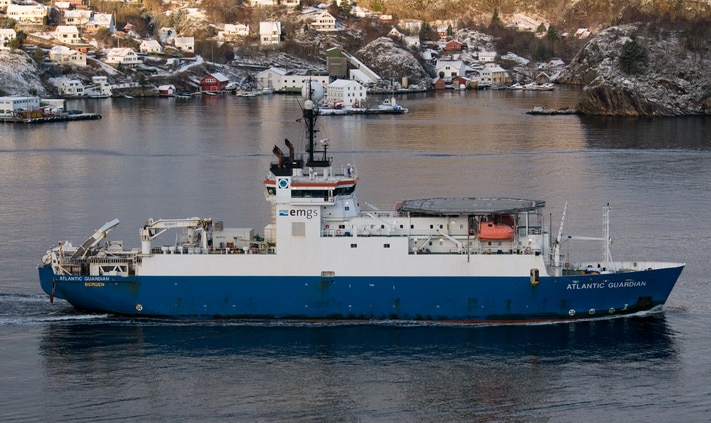‘Wisdom comes to us when it can no longer do any good.’ Gabriel García Márquez, Love in the Time of Cholera
As I made my way across a bright but autumnal London to the annual PESGB/HGS Africa Conference I wondered what sort of event we would have this year? With the industry adjusting to the new price regime and news of reduced exploration budgets and layoffs filling the business pages, I was preparing to find the atmosphere at the Islington Business Design Centre (the venue for this year’s event) subdued. Imagine my surprise then when I found that the usual buzz was there and for the 600+ attendees it was seemingly ‘business as usual’.
There was, of course, acknowledgment of the current downturn, but as has been remarked-upon many times before, explorationists are optimistic types and while topside issues continue to challenge, the geology remains the same; unlike capital markets, geological understanding tends to move in one direction only, upwards!
 Patience is a virtue – but how long will we have to wait?A common theme from many of the speakers at this year’s event was a call for greater collaboration – a recurring theme in GEO ExPro’s pages also – and more patience.
Patience is a virtue – but how long will we have to wait?A common theme from many of the speakers at this year’s event was a call for greater collaboration – a recurring theme in GEO ExPro’s pages also – and more patience.
Greater collaboration is to be welcomed but as the Q&A sessions at conferences demonstrate, we have a way to go before we can be clear when something is shareable and when it is ‘competitive advantage’. A recent conversation with a colleague on the subject of proprietary technologies provided me with some insight: “oil companies should explore for and exploit oil and gas accumulations and not create and patent technologies” he argued. ”Let the service companies carry out the business of R&D and deployment of new technologies’. I have some sympathy with the notion. Oil companies should compete for the best acreage, unquestionably; they should compete to provide the best service, indisputably; but competing on a technological level can create barriers to collaboration on a technical level.
Lessons From History
On the theme of patience I recommend the excellent history of the North Sea oil industry, Tales from Early UK Oil Exploration 1960-1979*, where Richard Moreton has recorded the thoughts of some of the key players of an earlier era and has provided us with a snapshot of time when the industry was undergoing a period of adjustment, in a similar, if not exactly anomalous way to today. As he said at the time of publication (1995):
“Our business today is leaner, meaner and probably fitter… than ever before, but at what cost (in human terms)… the process of slimming down and streamlining by a number of our major companies has simultaneously opened up new opportunities elsewhere – particularly in the field of high technology, geoscience consultancies – but a gap still remains…between jobs lost and jobs created.’
Sounds familiar. Maybe we have a little way to go before our patience is fully tested. Again from Richard Moreton’s wonderful book, here are the words of Dr. Colin Campbell, from a special lecture to the PESGB (The End of an Era – What Now) in 1994.
“In a long historical perspective the oil age is a fleeting one when Mankind burns up the world’s recoverable resources formed over eons of geological time. The span of the oil age is now becoming known with virtually all prolific provinces already found. It falls into three epochs: a Period of Growth from its birth to 1970; a Period of Transition from 1970 to 2000; and a Period of Decline from 2000 to its end…
(In 1994) The exploration community is being massacred (my parenthesis – Ed.); for the individual it is a devastating experience to have to find a mid-life new career. Should he hang on for better times or bite the bullet? … The days of the fat cat frontier explorer are almost over, but more pedestrian productionists can expect to earn a modest living worldwide much like mining geologists do.
Advice: stay technical, shun promotion, be accommodating and don’t turn down any good offers in banking.”
Maybe you survived the ’90s massacre but do you have the patience to continue now? After all, we know what happened to bankers, don’t we.
* Tales from Early UK Oil Exploration 1960-1979, compiled and edited by Richard Moreton. PESGB 30th Anniversary Book, 1995.





